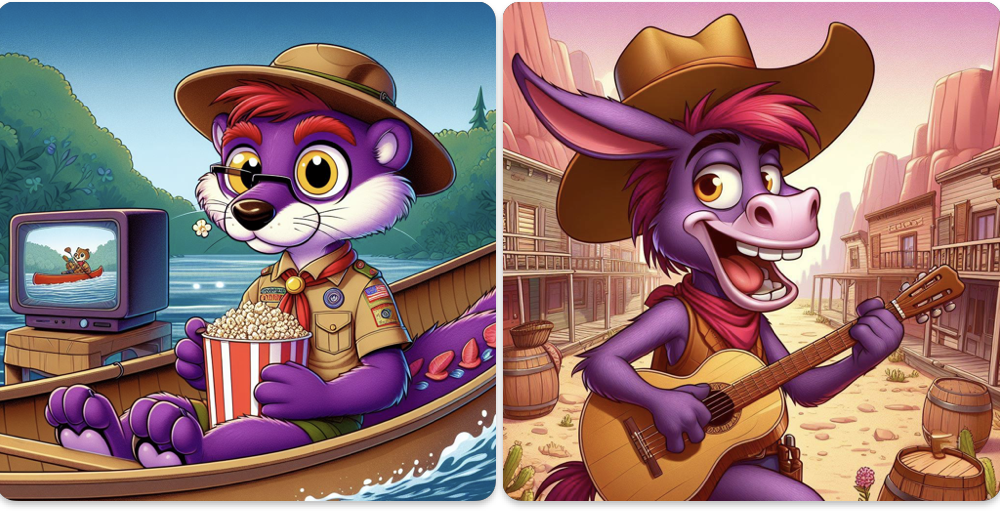
Paint Your Wagon

Based on the 1951 Lerner and Loewe American Western musical of the same name, the 1969 adaptation of Paint Your Wagon stars Lee Marvin as a prospector, Clint Eastwood as an amnesiac whom he recruits as his business partner, and Jean Seberg as one of a Mormon’s wives that he decides to sell to the highest bidder. I first saw this film as a rental in my town’s Blockbuster Video when that chain was still a thing, the title alone piquing my curiosity, the fact Clint Eastwood was in it being one of the sole things I knew about it. The following knowledge I would get about the film came from a brief spoof in The Simpsons episode “All Singing, All Dancing.”
Despite the title, the musical has nothing at all to do with literally painting wagons, with “paint your wagon” being a (very) dated expression meaning “to get things done.” Marvin’s character, Ben Rumson, dubs Eastwood’s “Pardner” as he recuperates, with a new tent town, “No Name City,” emerging when they discover gold. The male inhabitants become lonely from no female companionship until the mentioned Mormon husband comes and sells his wife Elizabeth to a drunken Rumson. A love triangle quickly emerges when Ben leaves his fiancé under Pardner’s care.
The latter portion of the movie involves Rumson and his men scheming to tunnel beneath No Name City to collect gold dust precipitating through the floorboards of saloons from paying customers, the only notable plot detail of which I had heard, courtesy my high school economics class, before I streamed this film. A zealous parson also comes to town in futile attempts to get its residents to abandon their sinful ways. Of course, many musical numbers abound, and while Marvin and Eastwood have never been known for their singing abilities, they did decently, with the former’s “Wand’rin’ Star” probably being the high point of the film’s songs.
While I know this film gets its share of criticism, much justified, I found it an entertaining watch, with some initial themes like Rumson putting his business partners first and his apathy towards humanity resounding well with me. Mature content like references to venereal disease and prostitution also get some spotlight. Religious themes are front and center as well, given Rumson’s indifference towards God, the references to Mormonism and polygamy, and the ultrareligious preacher. Much of the film likely didn’t fly well with 1969 moviegoers (though modern audiences would probably find it less offensive than, say, Blazing Saddles). However, I think that time has vindicated it somewhat, and don’t regret seeing it.
